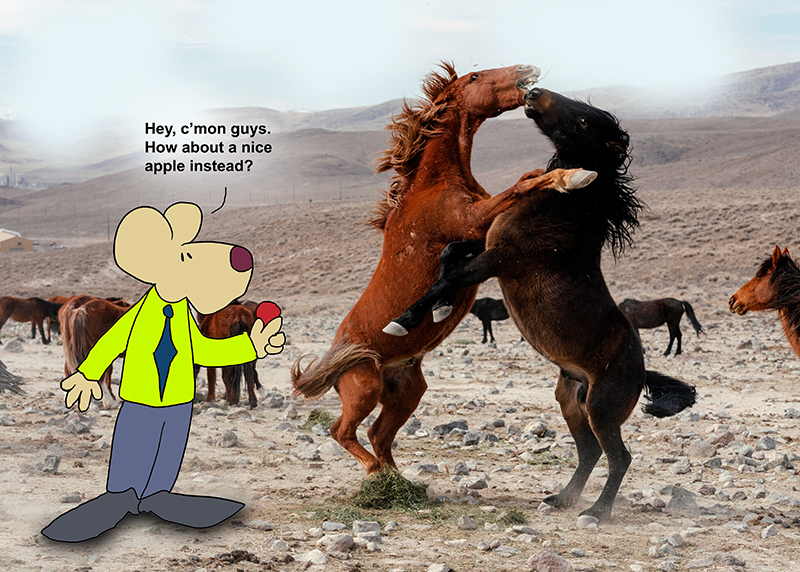Of course, they couldn’t know the actual date. The one they give in the history books is an approximation.
Before we even start, though, there is a lot to be said for the word approximation. And not all of it is necessarily good. It is a value or quantity that is nearly but not exactly correct. It is used when we don’t know for sure, but we can remember the roundabouts of things.
Approximation has more to do with time and space than it does anything else. It was approximately one o’clock when I ate my lunch. Or, they live approximately four miles from the wishing well.
We never say I felt approximately tired. Or, I was approximately in love with her.
But more often than not, it can be used to gain advantage in situations. I have heard people use approximations a lot lately, when it comes to politics. We can really swing numbers in our favor when we estimate and conjecture, just to prove our point.
One more thing, while I am on my side benders. Time. I mentioned time. Why did they make time so hard to write? Seven o’clock. Why put the little haberdashery in between the “o” and the clock. Why include the “o” at all? And if you just give the number, saying seven, you usually have to include the a.m. or the p.m. to retain clarity. And with that, you have more punctuation.
Then there is military time, adding twelve hours to things where needed, and subtracting again to figure when you are supposed to show up for the big Masquerade Party.
But all of that is neither here nor there. Back to the subject at hand.
It was approximately, on this date, June 1, 4000 BC, when the horse was domesticated in the Eurasian steppes near Dereivka, central Ukraine. I hadn’t thought about it before today, but at some point in time, this had to be the case.
Someone looked out over a field of wild horses. Running wildly. And they said to themselves, “If I could get on the back of one of those things, and hang on for dear life, I could be at Aunt Margaret’s hut for porridge dinner by approximately 3 o’clock, or fifteen hundred hours, if I served in the military. Either way, riding one of those horses would save a lot of time and energy.”
And that is how it began. They went into those fields and coaxed those wild horses with apples and carrots. Then, one of the people jumped on the horse’s back when it wasn’t looking, and they did what is called “breaking a horse.” They broke the horse.
This was always curious to me. Because, when you break your car or break your bike, or even break your leg, you are not going anywhere. But when you break a horse, you ride and ride to places unknown.
There’s one more thing.
It was on this date, in 1495 when the first written record of Scotch Whisky appeared in Exchequer Rolls of Scotland. It lists Friar John Cor as the distiller.
This reminded me of how much alcohol was consumed in those olden times. They used to drink ale, like water, and other such things. I wonder when the first case of drinking and riding occurred. My guess, it was much closer to 4000 BC than it was to 1495.
But I’m approximating.
I hope all of you have an approximately great day.
============
Guessing before proving! Need I remind you that it is so that all important discoveries have been made?”
― Henri Poincaré, The Value of Science: Essential Writings of Henri Poincare
===========
“All exact science is dominated by the idea of approximation.”
— Bertrand Russell
=========
“Guesses, of course, only guesses. If they are not true, something better will be.”
― C.S. Lewis, Letters to Malcolm
===========
Riding through time and space. Approximately.
